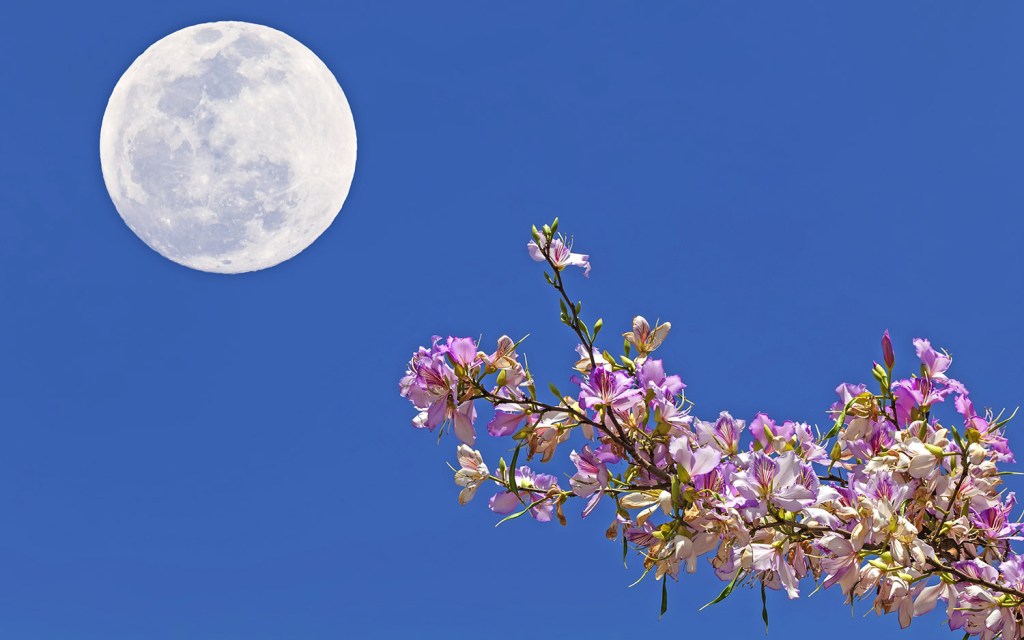Rediscovering Intuition: A Reflection on Modern Challenges and Remedies
By Toni Hodge Tea Mistress

In our rapidly advancing world, where the pursuit of knowledge is fueled by a constant influx of information and a reliance on technological prowess, the subtle art of intuition is facing a quiet erosion. This essay explores the ways in which we may be losing touch with our intuitive capacities and suggests deliberate steps to revive and strengthen this inherent aspect of our humanity.
The Erosion of Intuition
In the digital age, we find ourselves drowning in a sea of information, a phenomenon known as information overload. The ceaseless stream of data from various sources overwhelms our cognitive processes, leaving little room for the nuanced insights that intuition relies on. Our dependence on technology for decision-making and problem-solving, while undeniably beneficial, often dulls our ability to tap into our own inner wisdom. Algorithms and artificial intelligence provide quick answers, yet lack the nuanced understanding that comes from our own intuitive capacities.
The relentless pace of modern life, characterized by constant rushing and multitasking, is perhaps one of the most significant contributors to the erosion of intuition. The contemplative pace required for the development of intuition is overshadowed by the urgency of our daily responsibilities. Additionally, cultural biases that prioritize rationality over intuition, especially prevalent in Western societies, contribute to a collective dismissal of gut feelings and inner nudges.
A pervasive fear of failure in a success-driven society further stifles our willingness to trust our instincts. This fear nudges us towards familiar, proven methods, suppressing the adventurous spirit that often accompanies intuitive decision-making. Even to the point of relying on technology to tell us how to eat and sleep and behave. Not to say these offerings are bad. They aren't, however the fear that we can't make healthy choices on our own may keep us stuck in an unchanging loop.
Reclaiming Our Intuitive Powers
To counteract the diminishing presence of intuition in our lives, a deliberate and conscious effort is required. Mindfulness, the practice of being fully present in the moment, is a powerful antidote to information overload and a catalyst for intuitive insights. Techniques such as meditation, deep breathing, and simply being mindful of our surroundings create mental space for intuition to flourish amidst the noise of daily life.
Trusting our instincts is a crucial step in rekindling our intuitive abilities. Acknowledging and honoring our feelings, paying attention to initial gut reactions, and reflecting on these responses are the building blocks of developing trust in our intuitive selves. This process may be gradual, but it begins with recognizing and valuing our intuitive responses.
Slowing down intentionally is another essential remedy. By setting aside time for reflection, contemplation, and activities that allow us to engage with the present moment without the pressure of time constraints, we create an environment where intuition can thrive. Balancing our technology use, cultivating curiosity, and reconnecting with nature are additional steps in the journey of rediscovering our intuitive selves.
In conclusion, as we navigate a world that often prioritizes external validation and data-driven decision-making, the reclamation of intuition demands conscious effort and a commitment to self-awareness. By integrating mindful practices, slowing down, and embracing curiosity, we can create a space where our innate wisdom guides us in the intricate tapestry of life. In doing so, we not only reconnect with ourselves but also tap into a wellspring of insight that has the potential to enrich our lives in profound ways.
I hope this helps.
Author: Toni Hodge owner of Divine Lotus Tea





